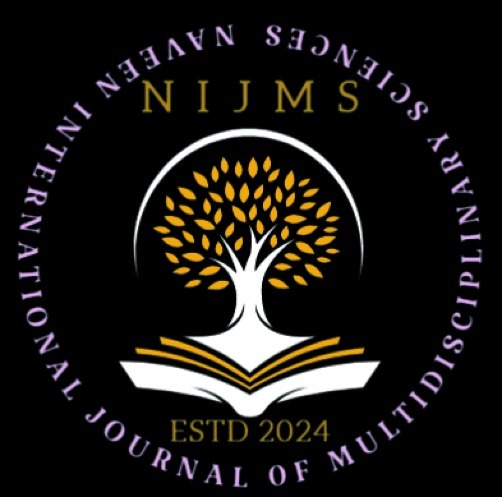AUGMENTED REALITY FIELD EXPERIENCES IN LOCAL HISTORY EDUCATION - STUDENT ENGAGEMENT AND HISTORICAL UNDERSTANDING AMONG HIGHER SECONDARY STUDENTS
##semicolon##
https://doi.org/10.71126/nijms.v1i5.66सार
This study examined the impact of AR field experiences on student engagement and historical understanding among 150 higher secondary students (Grades 11–12) in Tamil Nadu, India. Using a mixed-method survey design, quantitative data assessed engagement levels and comprehension gains, while qualitative insights explored experiential learning perceptions. Results indicated significantly higher engagement (M=4.2, SD=0.38) and historical understanding (M=4.0, SD=0.42) in AR cohorts versus traditional methods (engagement: M=3.1, SD=0.51; understanding: M=3.0, SD=0.49), regarding to gender, age, school management type, and medium of instruction impacts were rejected (p<0.05), confirming AR’s universal efficacy. Thematic analysis revealed enhanced spatial-temporal connectivity and critical inquiry. Findings advocate integrating AR into history curricula to democratize access to immersive learning.
Keywords: Augmented reality, local history education, student engagement, historical understanding, higher secondary education, experiential learning, survey research.
##submission.downloads##
प्रकाशित
अंक
खंड
##submission.license##
##submission.copyrightStatement##
##submission.license.cc.by-nc4.footer##












